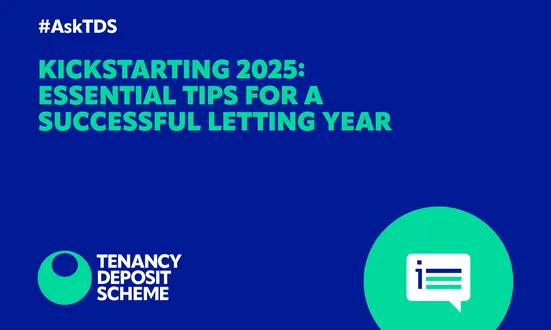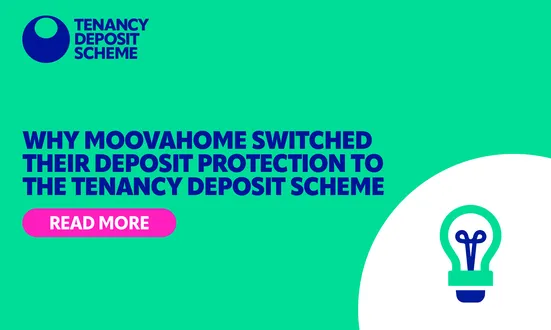Originally introduced in 2006, selective licenses are a necessary yet complicated element of the private rental sector. Read our guide now to help your agency stay compliant.
Selective licensing is a minefield for letting agents. The consequences of not having the appropriate licence for their landlord’s properties can result in potential fines and possible prosecution.
To avoid this, letting agents need to be aware of the relevant selective licensing schemes specific to their local authority to ensure they remain compliant.
But what is a selective licence? And how do letting agents find out whether one is needed for a property?
Find out more about selective licensing in our guide:
- What is a selective licence?
- What are the consequences of not having the right licence?
- How can technology help letting agents remain compliant with licenses?
- When does a tenancy not need a selective licence?
- How can letting agents find out if they need a selective licence?
What is a selective licence?
As part of the Housing Act 2004, local authorities can create and apply any selective licensing schemes to private rental housing properties.
The purpose of these schemes allow “a local council to require all landlords of privately rented housing in a designated area to obtain a license for each individual property”.
A selective licensing scheme can only be introduced to a certain area if, as outlined on the Government website, it is experiencing one or more of the following:
- Low housing demand
- Persistent problems caused by anti-social behaviour
- Poor housing conditions
- High levels of migration
- High levels of deprivation
- High levels of crime
Selective licenses last for a maximum of five years, which start from the day the licence has been issued. However, any local authority has the right to issue a shorter licence period if desired.
If the private rental property does not have a licence, a local authority can inspect and take action against the landlord or letting agent.
What are the consequences of not having the right licence?
If a property does not have the correct license, a letting agent, managing agent and the landlord can be charged penalties, and even face prosecution.
A local authority can charge a civil penalty of up to £30,000 per property. The fine amount will be determined by the local authority.
There are an increasing number of news reports of letting agents and landlords across England who have been served with fines for not having the correct license.
In May 2024, a landlord in Southwell was charged £17,500 for failing to licence two properties. Ashfield District Council also have concerns about the safety of both properties, which is being dealt with separately.
Another fine in May 2024 was given to a letting agency after they failed to secure a licence for one property in Edmonton. The company and the director of the letting agency were ordered to pay £4,450 each.
Without the proper licensing for a property, landlords and letting agents cannot serve a Section 21 notice to tenants.
Tenants can also apply for a rent repayment order during the period the tenants have lived there without the correct licenses.
Letting agents and landlords may be subject to enforcement action which could include:
- Financial penalty of up to £30,000
- The inability to add a new property licence
- Refusal to grant a property licence
- Revoking other or future property licenses and approvals
Letting agents should be aware of any new licenses that pop up in their local authorities. Not only to nurture and advise their landlords but also to avoid any fines themselves.
Goodlord customers can easily find out which licenses are needed for each of their properties, and remain up-to-date should any schemes change. Find out how here.
How can technology help letting agents remain compliant with licenses?
With the number of properties letting agents need to manage daily, integrating a tech-led solution can help manage and keep on top of every scheme all in one place.
Through Goodlord, agents no longer need to check multiple local authority websites to check licensing requirements. We offer our customers the ability to see which license is needed for all registered properties, directly in our platform. See how it works here.
How can letting agents find out if they need a selective licence?
Letting agents and landlords have two possible options on how to find out if a property requires a selective licence or not, depending on whether they are Goodlord customers.
This article is intended as a guide only and does not constitute legal advice. For more information, visit gov.uk.
TDS API and Goodlord have integrated, saving agents up to 10 minutes per tenancy registration. You can read more about this integration with Goodlord here.

The views expressed in this content are solely those of the author alone and do not necessarily represent the views of TDS, its officers, or employees. To read more on TDS views, visit our Policies & Procedures webpage.
Protecting deposits with Tenancy Deposit Scheme is quick and easy. Choose from our FREE custodial scheme, or our best value Insured scheme.
Other news stories


